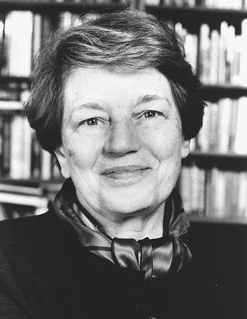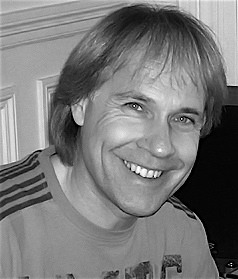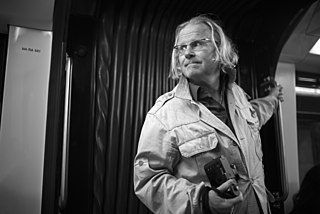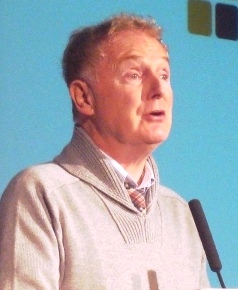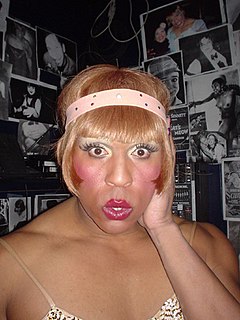A Quote by Marguerite Duras
Paradoxically, the freedom of Paris is associated with a persistent belief that nothing ever changes. Paris, they say, is the city that changes least. After an absence of twenty or thirty years, one still recognizes it.
Related Quotes
After the occupation of Paris, Hitler visited Paris, which of course was a great jewel for him, and he wanted to go up on the Eiffel Tower and gaze down upon the city of Paris, which he'd conquered. For some reason the elevators mysteriously stopped working that day. Some people say it might have had to do with the French resistance. So he couldn't go up.
A year and a half after the end of the war and the German occupation, Paris was muted and looked bruised and forlorn. Everywhere I went, I sensed the tracks of the wolf that had tried to devour the city. But Paris proved inedible, as it had been ever since its tribal beginnings on an island in the Seine, the Ile de la Cité.
I was born in 1953, in Paris. But soon after my birth my family (I have one sister) moved into a rent apartment in suburbs of Paris named Romainville. That time my parents were freshly married and it was extremely hard to find an apartment in Paris for a young married couple. To say they found a flat in a blocks of houses which was built after the second World War - and this is the place where I spent my childhood.
French Kiss - A Love Letter to Paris, is a tribute to many of the wonderful moments of romance, beauty, hope, and love that I have witnessed and been inspired by in Paris, my adopted home, over the past 40 years. I believe that photography is ultimately about sharing. I am excited to share, with the world, these moments of the heart that have touched my own, in this most beautiful city, Paris

